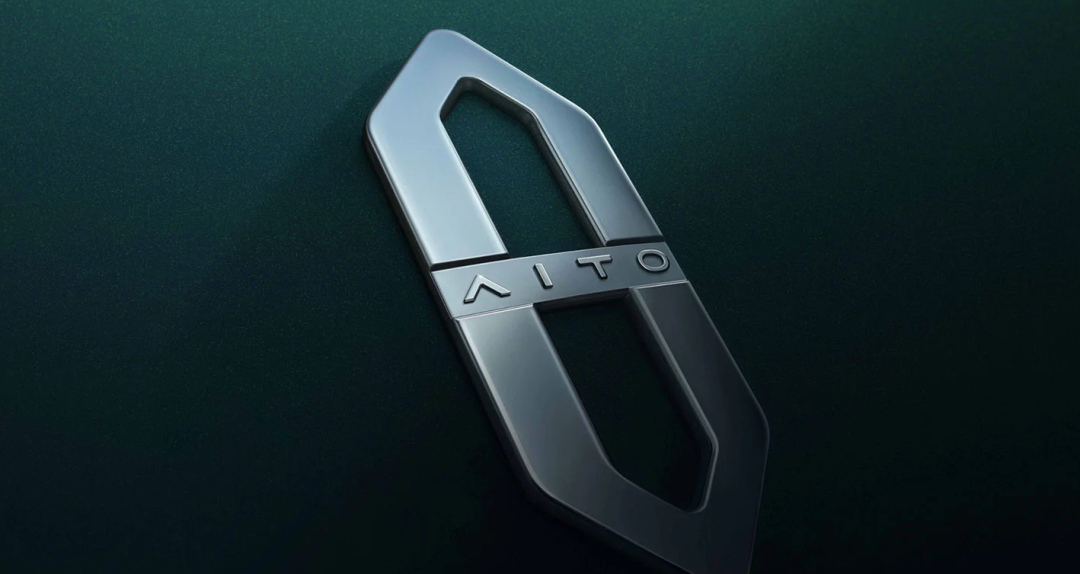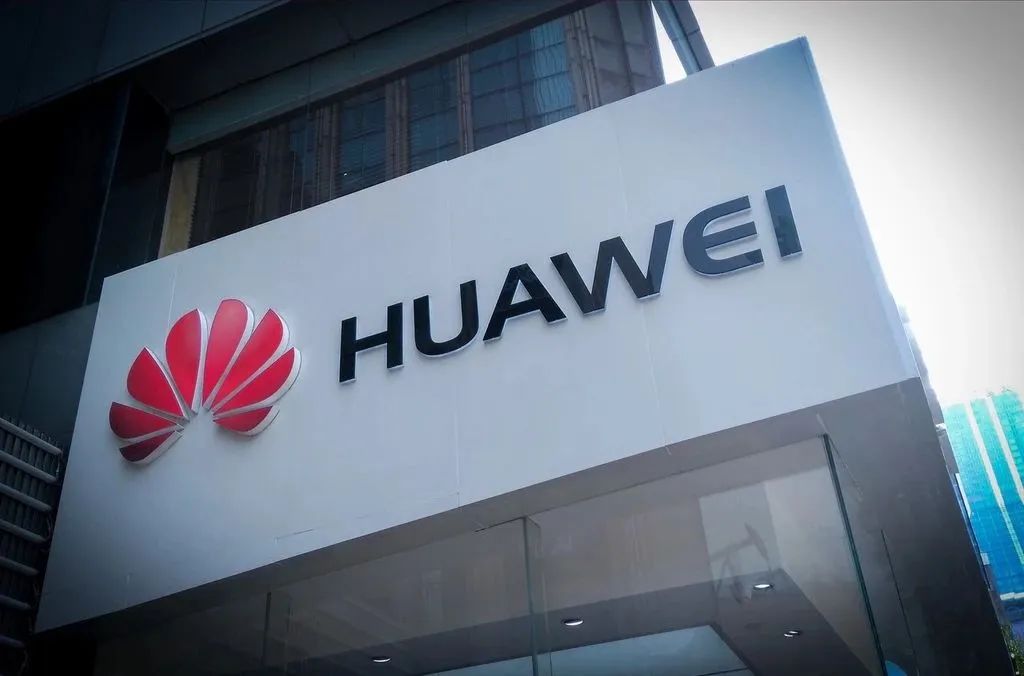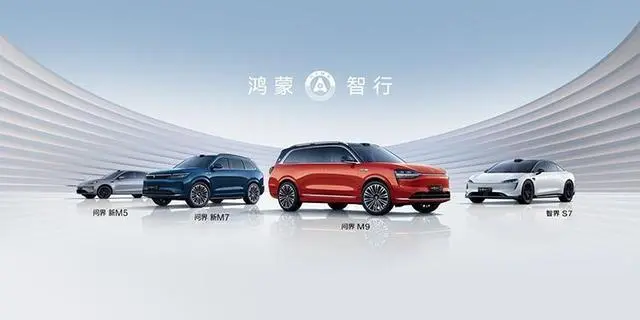"Enjoying" brand boosts prices by RMB 50,000-70,000! Huawei's Yu Chengdong reveals the power of branding
![]() 09/30 2024
09/30 2024
![]() 464
464


The toughest period has passed, and profitability was achieved in the first half of the year. 2025 may be a pivotal turning point for Huawei's automotive business, and the outlook for the smart car market depends on market share.
@TechNewSense Original
The "Enjoying" brand can sell for an additional RMB 50,000-70,000!
Recently, during an interview with host Ma Dong, Yu Chengdong, Chairman of Huawei's Intelligent Vehicle Solution BU, stated that the "Enjoying" brand can sell for at least an additional RMB 50,000-70,000 per vehicle due to branding, adding that building a brand is a difficult task. He also admitted that initially, he had intended to use the "AITO" brand to cover products from all four automakers, but this was not feasible due to regulatory issues.
It is worth noting that BAIC BJEV, which partners with Huawei's Hongmeng Intelligent Driving, has faced challenging operating conditions in recent years, with consecutive years of losses. From 2020 to 2023, BAIC BJEV reported net losses of RMB 6.48 billion, 5.24 billion, 5.47 billion, and 5.4 billion, respectively. Furthermore, the latest financial report indicates a net loss of RMB 2.57 billion for the first half of this year.
In other words, BAIC BJEV's cumulative losses have reached RMB 25.161 billion. Regarding the specific reasons for the first-half losses, BAIC BJEV explained that the increasingly fierce competition and price wars in the new energy vehicle market have severely compressed the company's profit margins.
A few years ago, BAIC BJEV, once the leader in domestic pure electric vehicles, recently significantly reduced its production capacity and is now focused on building three major brands: ARCFOX, BEIJING, and Enjoying. Enjoying, which partners with Huawei's Hongmeng Intelligent Driving, is undoubtedly seen as crucial to BAIC BJEV's potential resurgence.
Part.1
Adhering to the principle of not manufacturing cars, Yingwang emerges as a new focus
Huawei's strategic plan for the smart car industry is gradually becoming clear, with a resounding commitment to "Huawei does not manufacture cars, but empowers automakers to build better ones."
Addressing the question of why the independence of Yingwang equates to Huawei not manufacturing cars, Xu Zhijun recently provided a clear answer: "If Huawei manufactured cars, they would be Huawei-branded vehicles, accounting for perhaps 10-20% of the market share, similar to our mobile phones. However, doing so would mean that Yingwang could only serve Huawei, and we might even need to build a car manufacturing plant, leading to redundant construction."
Therefore, Huawei has chosen to focus on the research and development of smart car components and supply, better serving the entire automotive industry.
For a considerable period, there has been much debate within the industry about Huawei's automotive business. Hongmeng Intelligent Driving, an evolution of Huawei's Smart Selection program, faced question from industry veterans regarding whether Huawei's high level of involvement would lead to automakers losing their unique identity.

Yingwang emerged under these circumstances. In January of this year, Huawei spun off its Intelligent Vehicle Solution BU to form a new company, Yingwang, which inherited the technology and resources of the BU. Last month, Changan Automobile's AVATR Motor and Seres Technology each invested RMB 11.5 billion to acquire shares in Yingwang. Currently, each automaker holds a 10% stake in Yingwang, while Huawei retains the remaining 80%. The market has valued Yingwang at approximately RMB 115 billion. Regarding this valuation, Xu Zhijun admitted, "The valuation is too low. This was the price discussed a year ago."
In a recent interview, Xu Zhijun publicly revealed the specific timeline for Yingwang's independence for the first time. He stated that he hopes to transfer all assets and personnel from Huawei's Intelligent Vehicle Solution BU to Yingwang by the end of this year, enabling Yingwang to operate independently. In the short term, there will be no upper limit on the number of Yingwang's partners, and the company will continue to open up equity to strategic partners. Xu hopes that Yingwang will become an independent company with diversified shareholding.
Part.2
Future development remains uncertain amid numerous variables
Even if Huawei ventures into car manufacturing, its future development remains uncertain.
Before AITO helped Seres achieve profitability, only Tesla, BYD, and Li Auto had achieved profitability, while other new energy automakers were incurring significant losses. Yu Chengdong has publicly stated that Huawei's Intelligent Vehicle Solution BU is currently the only project under Huawei that has not yet achieved profitability. Data shows that in 2022 and 2023, Yingwang's revenue was RMB 2.098 billion and RMB 4.7 billion, respectively, with net losses attributable to the parent company of RMB 7.587 billion and RMB 5.597 billion.
It is worth noting that Yingwang has invested over RMB 40 billion in research and development and boasts a large R&D team of approximately 7,000 people. Nevertheless, Yingwang has overcome its toughest period. Based on Yingwang's audited simulated financial statements for the proposed loaded business, the company's revenue and net profit for the first half of 2024 were RMB 10.435 billion and RMB 2.231 billion, respectively.
Currently, Huawei only partners with four Smart Selection automotive brands. According to regulations, automotive brands must be owned by manufacturing plants, so all car logos have been transferred to manufacturers. Among them, "AITO" is the flagship brand, with significant investment from Huawei and the highest brand recognition among Huawei's Smart Selection vehicles.

As Yu Chengdong said, the AITO brand is worth at least RMB 10 billion. Seres successfully acquired hundreds of AITO-series trademarks for RMB 2.5 billion, which is undoubtedly a lucrative deal. Currently, Seres' profits have surpassed those of Li Auto. On August 25, Seres released its 2024 interim report, reporting revenue of RMB 65.044 billion and net profit attributable to shareholders of listed companies of RMB 1.625 billion for the first half of the year.
In terms of sales of main models, in addition to the AITO M9, which has established a foothold in the luxury vehicle market above RMB 500,000, the cumulative sales of the new AITO M7 exceeded 110,000 units in the first half of the year. Unfortunately, the later-launched Zhide S7 failed to replicate the success of AITO. "Zhide S7 sales are not good enough," Yu Chengdong admitted in a live broadcast.
Enjoying is a brand resulting from the collaboration between Huawei and BAIC. The first model under the Enjoying brand, the Enjoying S9, has already been launched. Zunjie is a brand resulting from the collaboration between Huawei and JAC Motor. The first model, which targets ultra-luxury vehicles, is scheduled to roll off the production line at the end of the year and be launched in the first half of next year.
As competition in the automotive industry intensifies, all players must remain vigilant. For Huawei, 2025 will be a pivotal turning point for its automotive business. Regarding whether smart cars can replace smartphones as a new cash cow, Zhang Xiaorong, Dean of the Deep Technology Research Institute, told the Epoch Times, "It depends on its market share."






